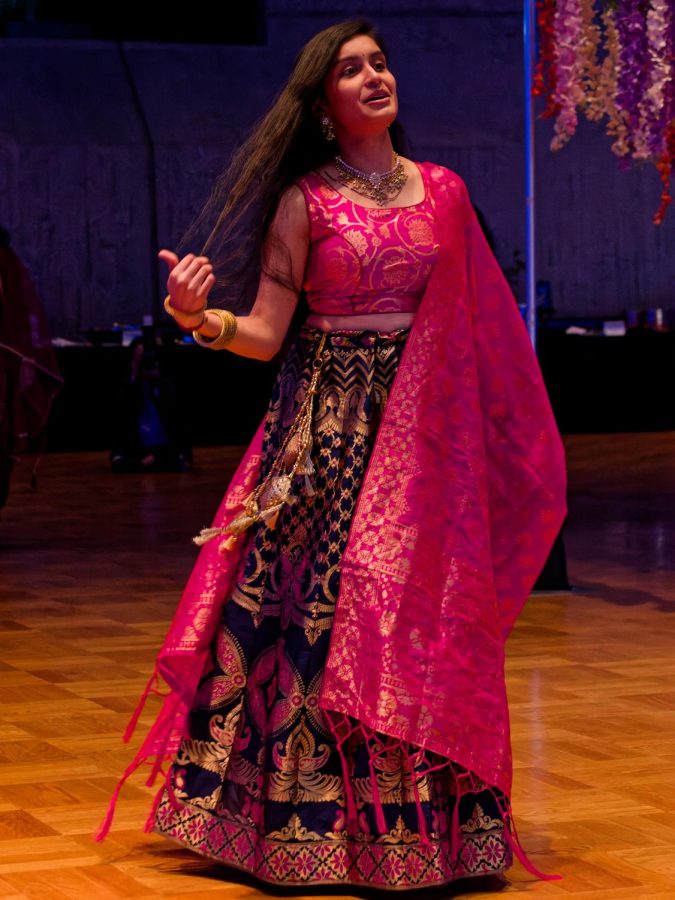
On Friday afternoon, with a crowd of approximately forty people, Smith College held a one-day symposium that discussed the issue of diversity and identity in video games.
The symposium was hosted and moderated by Jennifer Malkowski, assistant professor of film and media studies at Smith College and a co-editor of the book “Gaming Representation: Race, Gender and Sexuality in Video Games.”
Featured speakers included Lisa Nakamura, Soraya Murray, Bonnie Ruberg and TreaAndrea Russworm, all four of whom were also contributors to “Gaming Representation: Race, Gender, and Sexuality in Video Games.” The symposium consisted of presentations from each speaker, a moderated panel with all four contributors and a closing keynote from Nakamura.
The overall theme of the symposium was that minority groups, particularly Black women, are ostracized from video games by men, and that video games themselves do not represent minorities enough in both character and story variety. The panelists argued that the video game industry, and potentially society too, would benefit greatly from an increased focus on diversity in video games.
“Using some of those conventions to create and generate those emotions around sadness, around tragedy, around trying to generate empathy,” said Russworm, an associate professor in the UMass English department, “I wonder if that is a way for the
industry…to sort of prove itself.”
The panelists emphasized the hardships that women and vocal opponents to an apparent lack of diversity in videogames go through. Ruberg, a provost’s postdoctoral scholar at the University of Southern California, said, “I’ve been writing and speaking about games publically for about 12 years, and I used to get death threats all the time, literal, physical, written death threats sent to the editors of the publications I worked on, and this is not just me.”
Following the panel, Nakamura, a Gwendolyn Calvert Baker collegiate professor in the department of American cultures at the University of Michigan, Ann Arbor, gave the closing keynote, in which she asserted that women are put into the low-pay, tech oversight jobs, such as monitoring Facebook posts. She also explained how women are often blamed for the hate they receive from fellow gamers, which can create a feeling of hostility for minority gamers.
“On the other hand, games model an extinctive environment where [it is possible for] women of color, both as players and workers…to articulate exclusion,” Nakamura said.
Isabel Bagger, an undeclared freshman at Smith College, felt the symposium gave her a new perspective. She said, “I didn’t realize that this aspect of
, the diversity and the identity issues, were really being talked about this way.”
To close her keynote, Nakamura offered the website HeartMob as a way to both give and receive support for those affected by online harassment. HeartMob provides a support system made up of other users that victims of harassment can turn to for help.
Murray, an assistant professor of film & digital media at the University of California, Santa Cruz, also emphasized the importance of looking to other forms of media to find diverse stories. She said, “People lead incredible, complicated lives and have these bifurcated identities and you would never know that exists if you just look at video games.”
Will Mallas can be reached at [email protected].


















Iain Macallester • Oct 30, 2017 at 10:44 am
I can think of nothing less important to study than ANYTHING related to video games.
I sure hope that NO federal money was used in any way for this garbage.